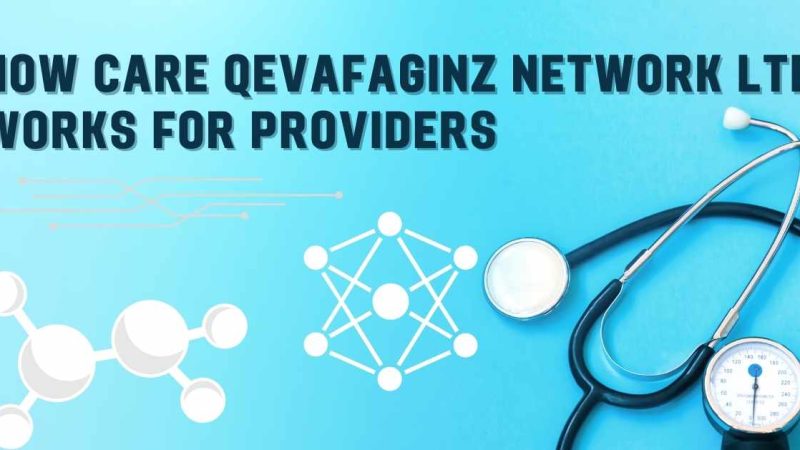The Framework Factor: How the Right Choice Shapes Your Test Automation Success
Maintaining productivity and quality in the hectic environment of software development currently depends on test automation. Still, not every automation method generates the same results. Among the most crucial factors influencing whether test automation is effective or not is the choice of the framework. Your strategic choice of framework, which goes beyond the technical one, will determine whether or not your overall automation project succeeds. Here are five significant considerations that make picking the suitable automation testing framework vital.
How the Right Choice Shapes Your Test Automation Success
1. Boosts Efficiency and Production.
The correct automation framework gives a systematic way for testing, which considerably boosts productivity. Teams may function more swiftly and properly when they employ a well-chosen framework, which simplifies the test preparation and execution methods. For example, modular designs made possible by frameworks like Selenium or TestNG help to reduce duplication and save time by facilitating the reusing of code. A robust foundation speeds up software delivery and enhances overall efficiency by automating repetitive procedures and decreasing human participation.
2. Increases Accuracy and Test Dependability.
In automated testing, accuracy is vital, and picking the suitable framework provides trustworthy and error-free test scripts. Inconsistencies and false positives may be produced by a poorly chosen framework, which impairs the validity of test outcomes. However, frameworks developed for various testing criteria ensure precision in test execution. They feature pre-defined procedures and built-in libraries that eliminate errors and give predictable, consistent outcomes. This accuracy assures that faults are detected before they harm end users and also promotes confidence in the testing system.
3. Facilitates Smooth Integration with Pipelines for CI/CD
For speedy and iterative releases, contemporary software development relies on continuous integration and deployment, or CI/CD. Automated testing at every stage of development is made feasible by the smooth integration of CI/CD pipelines with the suitable automation framework. Frameworks such as Jenkins and Bamboo, for instance, enable automated test triggers following each code change, assuring that new alterations are exhaustively evaluated prior to deployment. By decreasing manual testing needs and shortening feedback loops, this integration capability allows the speedier and more frequent delivery of high-quality software.
4. Lowers Maintenance Expenses
One of the most challenging components of test automation is upkeep. Because test scripts are more likely to break and need to be updated regularly, an improper framework could make maintenance difficult. On the other hand, modular and reusable test components are backed by a well-structured framework, which promotes simpler maintenance. For example, hybrid frameworks allow for minor modifications without affecting the complete suite by mixing data-driven and keyword-driven strategies. The right design guarantees that automated tests remain trustworthy and relevant over time while saving time and money by minimising maintenance needs.
5. Promotes Teamwork and the Use of Skills
Another significant driver of collaboration is picking the correct framework. Several frameworks leverage the BDD technique, like Cucumber, which makes test scenarios accessible to stakeholders that are non-technical. This leads to developers, testers, and business analysts interacting more effectively. Picking a framework that augments the capabilities of your team also guarantees that everyone can participate successfully.
Conclusion
Selecting the appropriate automated testing framework is essential for improving accuracy, efficiency, and smooth CI/CD integration while lowering maintenance expenses. Opkey test automation, the first agentic AI-powered ERP lifecycle optimization platform in the market, transforms test automation with its AI-driven effect analysis, self-healing scripts, and no-code interface. Whether automating ERP, mobile, or online apps, Opkey’s smooth end-to-end methodology enables companies to succeed consistently. With Opkey, you can easily accelerate your digital transformation and unlock the future of test automation.






